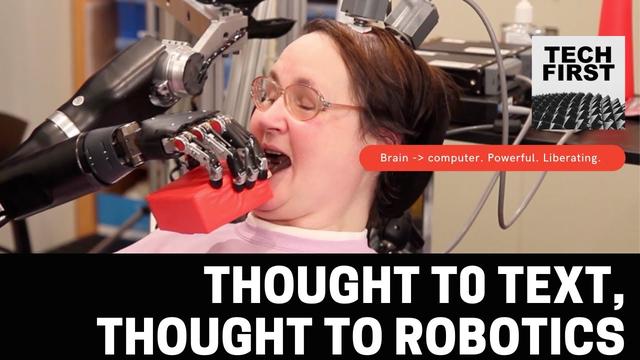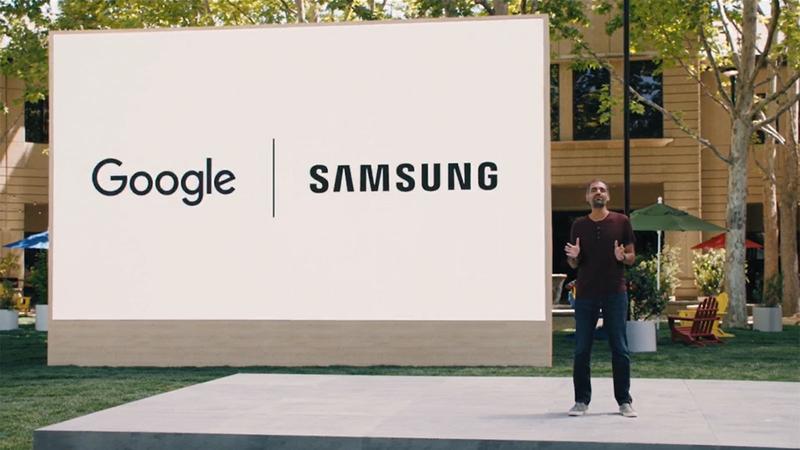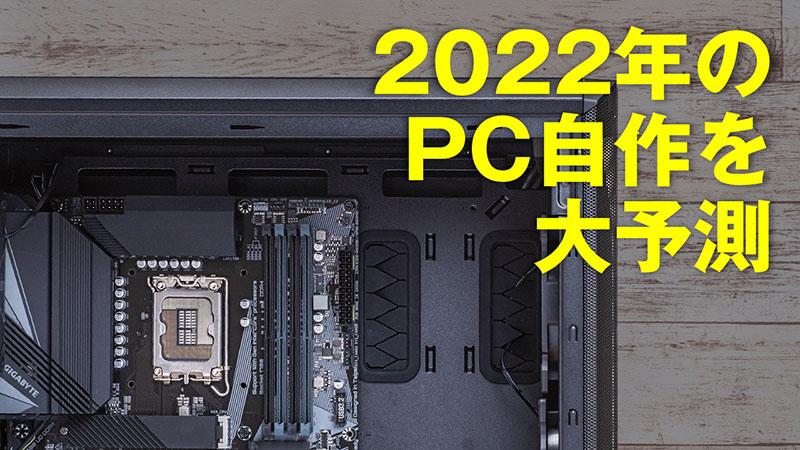By, smartwatches
06/04/2023
The challenge of a "brain computer" company that supports the independence of ALS patients
As Mobile Economist at TUNE, I forecast and analyze trends affecting the mobile ecosystem.
Translated ArticlesFollow

Getty Images
Utah-based Blackrock Neurotech is transforming the lives of quadriplegic people who cannot move their limbs with brain-computer technology. Using the company's tools, people with intractable diseases such as ALS can type just by thinking, eat with a robot arm, and feel warmth by touching their families. BlackRock's product, which includes technology licensed from Stanford University, is expected to hit the market later this year. Brain computers have been a hot area in recent years, with Elon Musk's Neuralink raising more than $350 million in funding. The US government's DARPA project is also backing several startups in this space. For people who cannot control their bodies, brain computers are an important tool in regaining freedom and communication. “By picking up signals from neurons in the brain and sending them to devices, our technology enables quadriplegic patients to move their prosthetic hands, and helps homebound people communicate with the outside world. Yes,” BlackRock co-founder and CEO Marcus Gerhardt told me on my TechFirst podcast. The company has collaborated with neuroscience researchers at Johns Hopkins University, Caltech, and Brown University to manufacture brain-computer interface devices for more than a decade, and has had implants in select patients since 2012. providing. Dubbed the Utah Array, the company's microchip captures data by connecting to a patient's brain with tiny pins that act as radio antennas. That data is then decoded with patented machine learning software to enable manipulation of robotic arms, keyboards and mice. Furthermore, by utilizing tactile sensors attached to devices such as prosthetic hands, it is possible for people who have lost their sense of touch to feel the warmth of others.Can also operate Excel
"Our technology enables intuitive operation of various devices, and in the future it will be possible to use it for driving a car," says Gerhardt. . One patient using BlackRock's brain computer is studying to become an accountant, and the company is also developing a tool that allows him to work with Excel. BlackRock estimates that the lifetime medical costs for quadriplegic patients under the age of 30 are between $3.7 million and $5.4 million (approximately ¥600 million). , the effect of reducing medical expenses can be expected. "It would be great if people who were once out of work could earn money on their own merits and pursue their dreams," Gerhardt said. The company's product, which is expected to hit the market later this year, has not yet set a price, but said it will be "a cost that is in line with common standards in the medical industry." In addition, it is expected to use medical insurance and crowdfunding.Edited by Yuji Ueda
Sign up for a free membership to read more. Register with your email address Register with an external account Continue with Facebook If you are a registered member, log in with your Google accountBy registering, you agree to our privacy policy and membership agreement.








